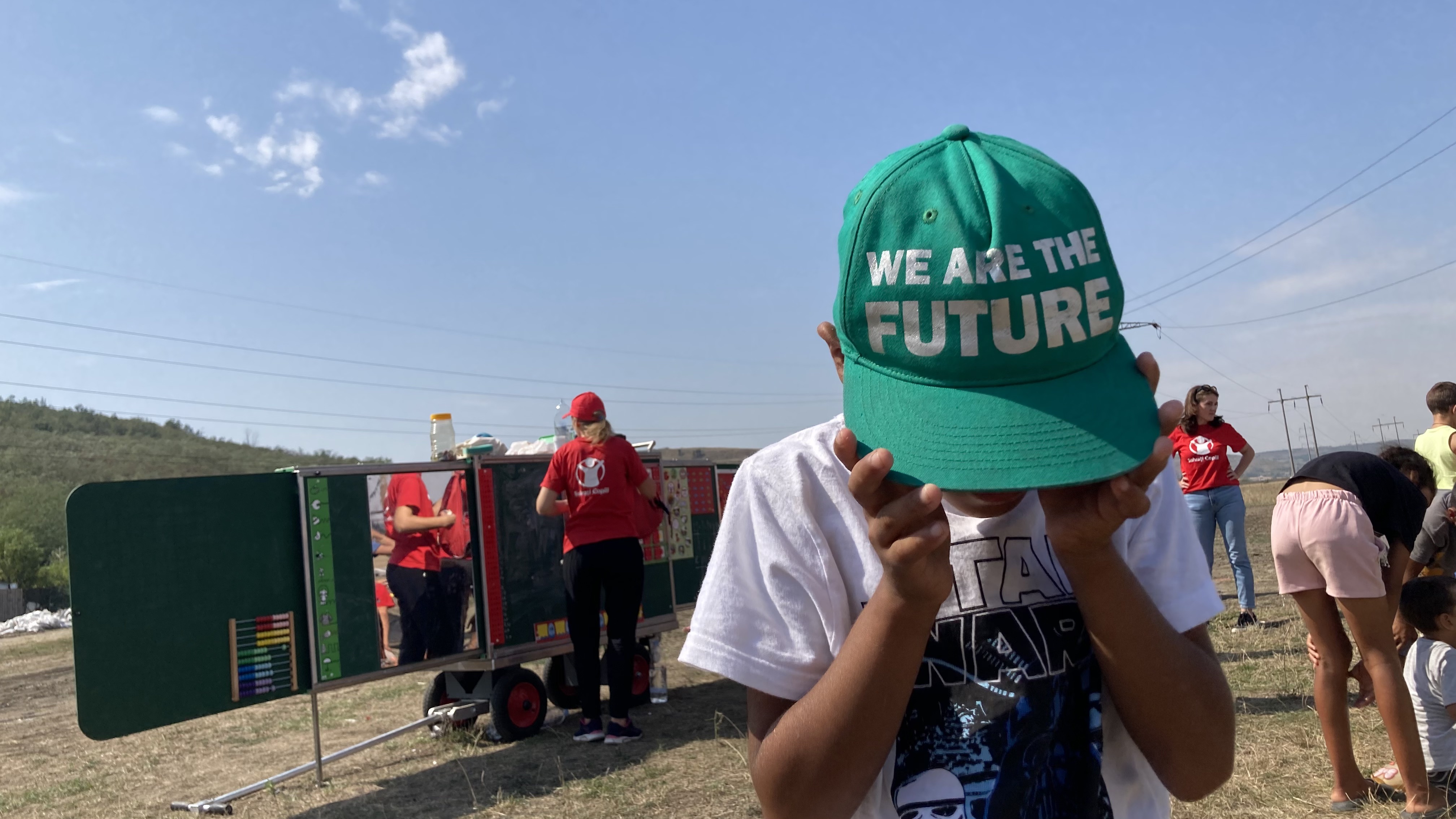The experts are on the street: What organisations can learn from Positive Deviance
It all started on a terrace in Antigua. I was trying to escape the chaos of street life around me, overwhelmed by what I had seen. My colleague Arnoud, ever calm in these settings, casually asked: “So, what positive things have you noticed on the streets?” I was stunned. All I could see were the problems—children sniffing glue, armed football referees, and a complete lack of support systems.
But that moment was a turning point. Over a Cuba Libre (and with a lot of patience from Arnoud), I began to shift my perspective. Instead of focusing solely on the visible problems, I started to look for the invisible strengths—the kids who were doing things differently, who were thriving despite the odds. That’s how I discovered the power of Positive Deviance (PD).
What is Positive Deviance?
Positive Deviance is a simple yet transformative idea: in every community, some individuals find better solutions to problems than their peers, despite having access to the same resources and facing the same risks. These people are not exceptions because of privilege—they are exceptions because of behaviour.
From child nutrition in Vietnam to infection control in U.S. hospitals, PD has shown time and again that solutions to complex problems often already exist within a community. It’s a matter of finding them, understanding them, and amplifying them.
At StreetwiZe and Mobile School, we saw this first-hand in our work with street-connected youth. By identifying and studying these positive deviants—young people who displayed remarkable skills in the face of adversity—we found behaviours and mindsets that weren’t just inspiring. They were instructive.
How we identified Positive Deviants
To find these hidden role models, we focused on four simple but powerful indicators:
1. Behavioural Strengths – showing prosocial leadership, mediating conflicts, or taking initiative.
2. Emotional Stability – staying grounded in the face of trauma and rejection.
3. Functional Autonomy – finding creative ways to meet basic needs.
4. Peer Recognition – being seen by others as reliable, helpful, or wise.
These weren’t abstract ideas. They were observable behaviours, surfaced through long-term engagement, open conversations, and careful community validation.
Listening differently: The questions that matter
To truly understand what made these young people stand out, we asked open-ended, non-judgmental questions like:
• “Tell me about a time you solved a difficult problem—what did you do?”
• “What do you do differently than others around you?”
• “How do you decide who to trust or help?”
• “What thoughts help you get through a bad day?”
These questions invited stories, not diagnoses. They allowed young people to express how they made decisions, handled pressure, and found meaning—key insights that often go unnoticed in more traditional approaches.

What we found: The four ‘Street Skills’
Across countries and cultures, four core skills emerged repeatedly—skills that allowed these young people to thrive in environments marked by instability, scarcity, and risk. We call them the Street Skills:
1. Positive Focus
The capacity to direct attention toward what’s constructive and within one’s control. Like Junieth, who faced extreme hardship yet kept setting small goals on her path to graduating university.
2. Agility and Resilience
The ability to adapt quickly and bounce back from setbacks. Like Hudiel, who taught himself languages by talking to tourists—because books were too expensive.
3. Proactive Creativity
The drive to create solutions without waiting for permission or ideal conditions. Like Elsa, a single mother who built a business from an ice stand and changed her future.
4. Co-opetition
The balancing act of cooperation and competition in fragile peer environments. Like Ronny and Walther, who organised a community watch and built a school in an abandoned police station.
These weren’t just survival tactics. They were life strategies—relevant, replicable, and remarkably aligned with what many organisations are trying to cultivate.
________________________________________
Why these skills matter for organisations
In a world shaped by volatility, uncertainty, complexity and ambiguity (VUCA), these four Street Skills are not just relevant—they’re vital. Here’s why:
1. Positive Focus
In organisations: Helps leaders and teams maintain direction amid stress and disruption.
Evidence: Positive reappraisal reduces stress and improves executive function (Garland et al., 2010).
2. Agility & Resilience
In organisations: Enables faster recovery from failure and better adaptation to change.
Evidence: Workplace resilience boosts team adaptability and long-term performance (Caza & Milton, 2012).
3. Proactive Creativity
In organisations: Fuels grassroots innovation and adaptive problem-solving.
Evidence: Autonomy and constraints drive creative breakthroughs (Amabile & Pratt, 2016).
4. Co-opetition
In organisations: Supports collaboration across silos, while maintaining a competitive edge.
Evidence: Strategic co-opetition increases learning and innovation (Brandenburger & Nalebuff, 1996; Ritala, 2012).
These aren’t skills you can teach through PowerPoints and team-building games alone. They emerge in messy, real-world situations—and that’s exactly why they’re powerful. They’ve been tested under pressure and proven in practice.
________________________________________
From the street to the C-suite
Too often, corporate well-being and leadership programmes fall short because they rely on generic interventions—mindfulness apps, coaching vouchers, or surface-level workshops. They miss the deeper truth: the real leverage lies not in imported tools, but in indigenous wisdom.
By learning from those who thrive in the toughest environments, we unlock more grounded, human, and effective pathways to leadership and resilience. The Street Skills show us what it looks like when people do more with less, build trust under pressure, and find agency where others see only chaos.
The experts are already out there. Sometimes, they’re just not wearing suits—they’re walking the streets.
– Bram
Founding Partner, StreetwiZe





